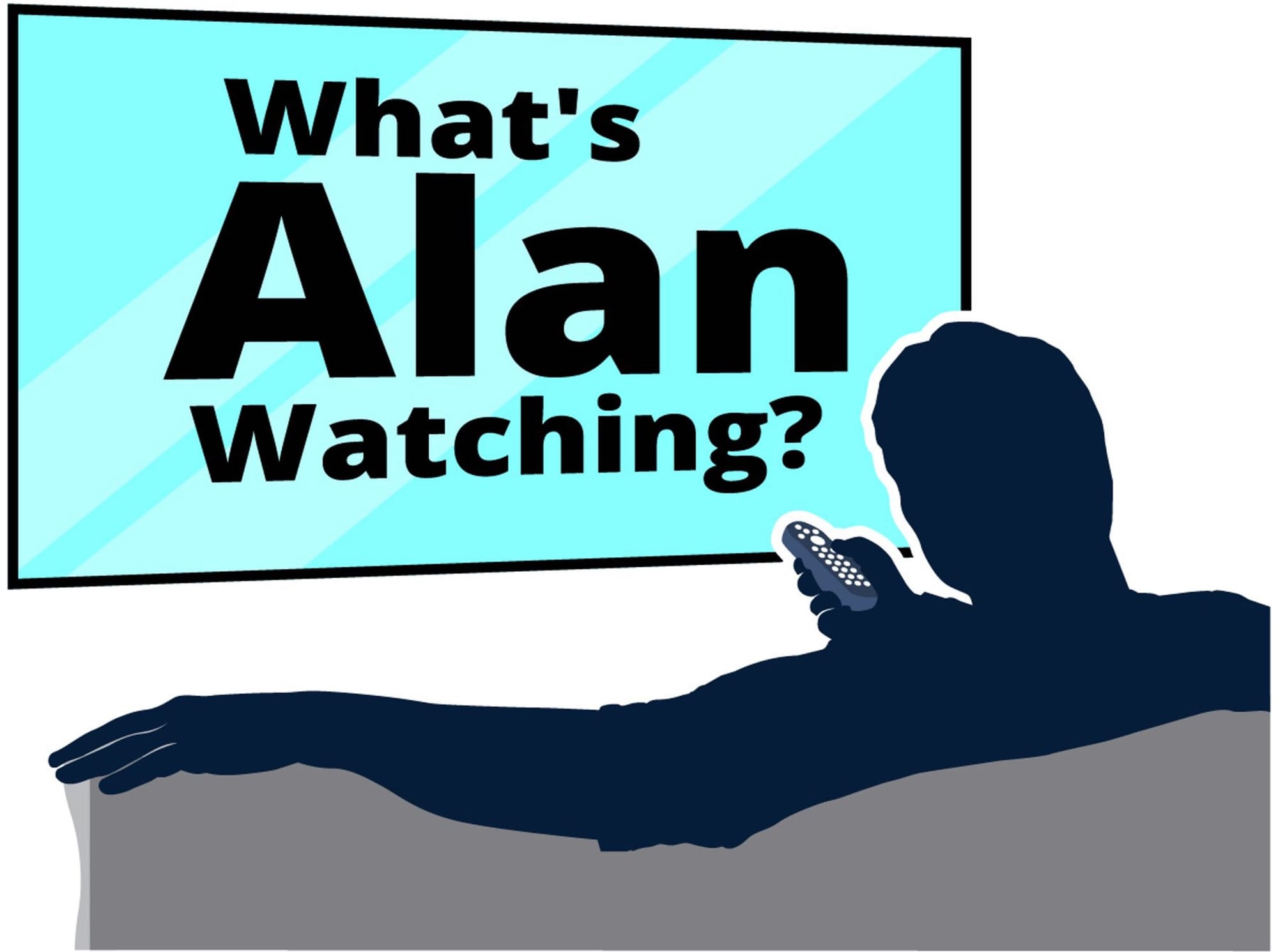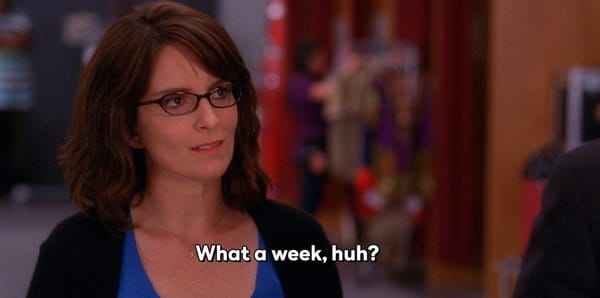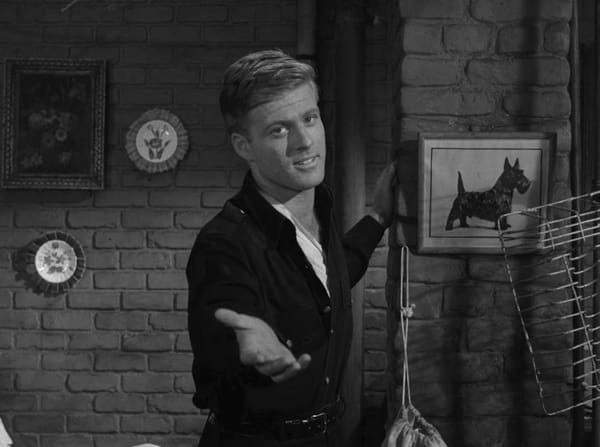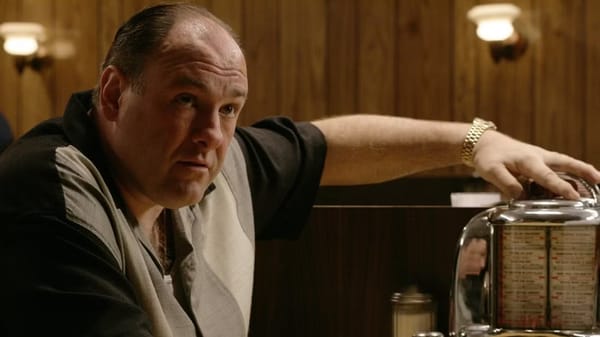Review: 'Black Rabbit' on Netflix
Jude Law and Jason Bateman play brothers who bring a lot of trouble on themselves
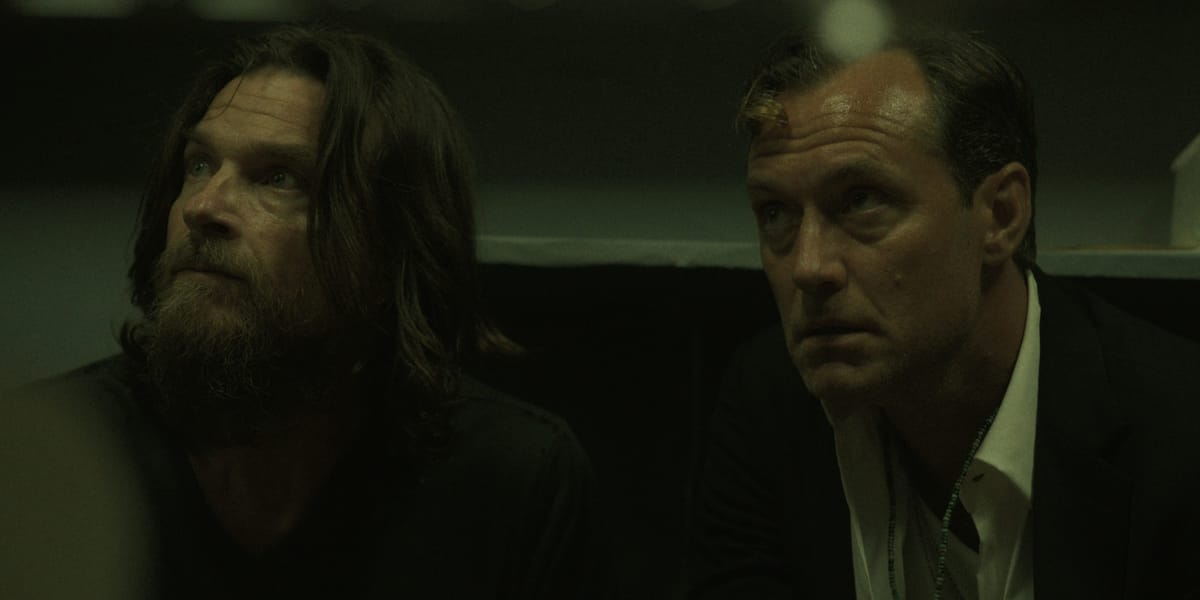
Welcome to the first true day of the rest of my life... I mean, newsletter. As I explained yesterday, for the time being, my reviews will be appearing exclusively here on What's Alan Watching? We start things off with Netflix's Black Rabbit, which begins streaming September 18; I've seen all eight episodes.
The thing about Michael Bluth is that he thinks he's the hero of Arrested Development, when really he's just as much of a schmuck as the rest of his family. Yes, he's a bit more sensible than his brothers and sister, but at most that makes him the one-eyed man in the king of the blind. The deeper we got into the Fox seasons(*), the more obvious it became that he stayed to help the others not out of genuine love, but because it fed his superiority complex. He carried himself like the straight man, but he was ultimately a fool in his own right — a dynamic that played to all of Jason Bateman's strengths as a comic performer.
(*) We talk about the Netflix seasons of that show even less than we talk about Bruno.
With the limited series Black Rabbit, his follow-up to Ozark, Bateman is back in dysfunctional sibling territory, but with a dramatic edge. He and Jude Law play, respectively, Vince and Jake, brothers who once upon a time were in an extremely early 2000s band called Black Rabbit, then opened a Manhattan restaurant of the same name. But when the series begins, Jake is running the place himself, having long since divested himself from Vince's long history of addiction and screw-ups. Jake is the good brother, right? He's the hero of this story, and its seeming victim when Vince returns to town and plunges them both deep into a criminal mess.
Or is Jake, like Michael Bluth, a fool in his own right who secretly enjoys having to constantly bail out his brother after Vince's latest screw-up?
